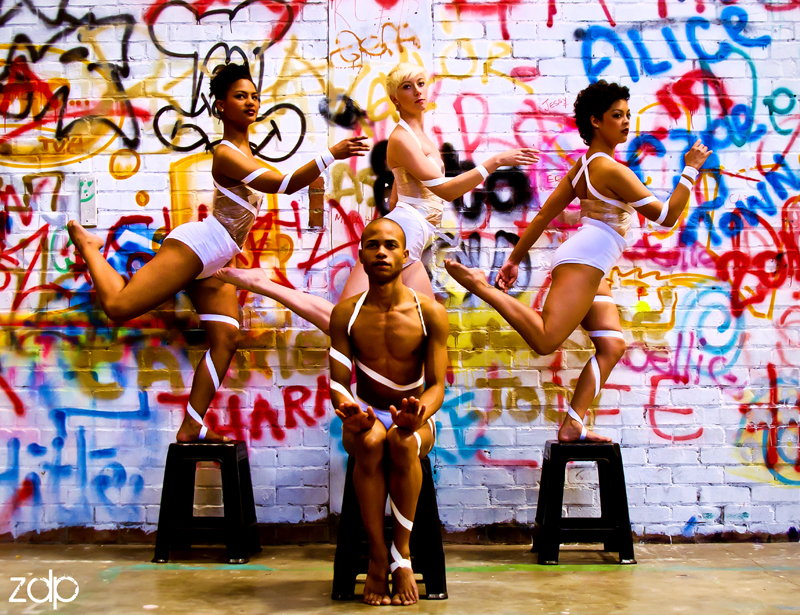The EOAN Group was founded by Helen Southern-Holt in 1933.
EOAN Group was a social and educational centre and cultural association that offered music training for the Coloured community of District Six. As a cultural welfare organisation it offered a wide range of activities from ballet, drama, singing, painting and sewing. Initially housed in the Isaac Ochberg Hall in District Six, Cape Town, the organisation grew to have 15 branches throughout the Cape Peninsula by the mid 1980s.
Between 1956 and the mid 1970s, EOAN featured an ameteur opera group that was conducted by well renowned musician Joseph Salvatore Manca. The opera section was responsible for a number of arts festivals, annual opera seasons and tours throughout South Africa and the United Kingdom. Presenting works such as Giuseppe Verloi’s Cavalleria Rusticana, and George Bizet’s Carmen. One of their stand out works was The Square by Stanley Glasser, a local composer. It was the first full length indigenous ballet to be performed on stage at the time and was about gang life in District Six. The opera had Johaar Mosaval in the lead role, and was choreographed by David Poole.
Many distinguished singers came from the EOAN Group such as Vera Gow, Valerie Parkins, as well as Joseph Gabriel - who went on to sing at the New York Met - and May Abrahams, who was a member of the Junior choir. May Abrahams lead many of the big choral presentations such as A Slave in Arabia, Hong Kong and Rio Rita. She later became one of the voice trainers at EOAN, teaching alongside Ruth Goodwin, Didi Sydow and Gwen Michaels.
Despite the constraints of Apartheid the EOAN Group achieved great heights, however the legislature intensified in the 1960s and began to take its toll on the group. They were forced to accept financial support from the Coloured Affairs Department adding to the strain, which eventually affected the audience and the groups support.
The ban of mixed audiences had drastic effects on the organisations earning potential as a venue. One of the conditions of the funding from the Coloured Affairs Department was for the group to have separate shows for Black, White and Coloured audiences. This lead to the groups audiences and support to dwindle and many of the teachers left the organisation.
After the destruction of District Six, the group relocated to the building now known as the Joseph Stone Theatre building in Athlone, which was named after one of its benefactors who donated R100,000 towards the building of the new theatre. The theatre opened on the 21 November 1969. The move affected the group’s connection to the busy cultural city life of Cape Town.
Ebrahim Medell, an acclaimed choreographer, had worked with the group on many works when he became the artistic director at the EOAN Group Theatre Company (EGTC) in 201. He re-launched the group as a dance company.
The EGTC is now a professional contemporary dance company based at the Joseph Stone Auditorium in Athlone, Western Cape.
